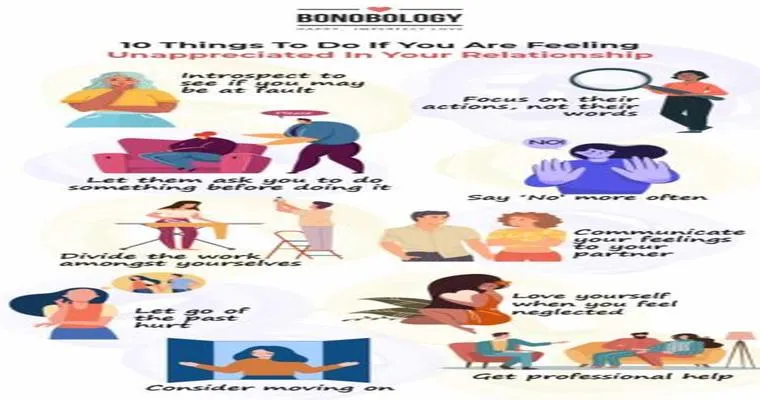When you notice that a "loved one" may not be fit to drive, it can be a delicate and emotional situation. Concerns about their "safety", the safety of others, and the potential legal implications of unsafe driving can weigh heavily on your mind. Whether it’s due to "age-related issues", medical conditions, or cognitive decline, addressing the situation is crucial for everyone's well-being. Here are some steps you can take to handle this sensitive issue with care and compassion.
First and foremost, observe their driving habits closely. Look for signs that indicate they may be struggling behind the wheel. This can include frequent near-misses, confusion about directions, difficulty with parking, or an increase in minor accidents. Documenting these behaviors can provide you with concrete examples when discussing the matter with them.
Next, approach the conversation with empathy. Choose a calm and private setting to express your concerns. Use “I” statements to convey your feelings without sounding accusatory. For example, you might say, “I feel worried when I see you driving lately.” This approach can foster a more open dialogue and reduce defensiveness.
Encourage them to seek a professional evaluation. Suggest that they visit their doctor for an assessment of their "driving abilities". A healthcare professional can offer valuable insights and may recommend a driving assessment program. This step not only helps confirm your concerns but also emphasizes that the advice is coming from a credible source.
If the conversation does not go as planned and your loved one remains resistant to the idea of giving up driving, consider involving other family members or friends. Sometimes, hearing the same concerns from multiple people can help them see the situation more clearly. However, be cautious with this approach to avoid overwhelming or alienating them.
Another option is to explore alternative transportation solutions. Help them identify local options such as public transit, rideshare services, or community programs designed for seniors or individuals with disabilities. This can alleviate some of their fears about losing independence and provide them with viable ways to get around.
In some cases, you may need to take more decisive action. If you believe they pose a danger to themselves or others, you may need to report their condition to the authorities. Each state has its own regulations regarding reporting unsafe drivers, so familiarize yourself with local laws. While this is a tough choice, it’s sometimes necessary to prioritize safety over comfort.
Finally, continue to offer your support and understanding. Adjusting to the loss of driving privileges can be a significant emotional blow for many individuals. Be there to help them navigate this transition and find new ways to maintain their independence.
In conclusion, addressing the issue of a loved one who shouldn’t be driving requires a thoughtful and compassionate approach. By observing their behavior, having open conversations, encouraging evaluations, providing alternatives, and being supportive, you can help ensure the safety of your loved one and the community. Remember, this process is about caring for their well-being and preserving their dignity during a challenging time.





